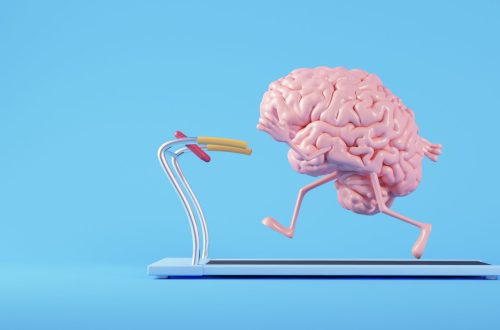In recent years, the prevalence of bariatric surgery has risen significantly as individuals seek effective solutions for managing obesity and improving their overall health. Among the various procedures available, اسلیو معده جراحی has gained popularity for its efficacy and relatively low complication rates. However, the journey toward a healthier lifestyle doesn’t end with the surgical procedure—it’s only the beginning of a transformative process that requires commitment, perseverance, and a willingness to embrace change.
Gastric sleeve surgery, also known as sleeve gastrectomy, involves reducing the size of the stomach to limit food intake and promote weight loss. During the procedure, a portion of the stomach is permanently removed, leaving behind a smaller, sleeve-shaped stomach pouch. This modification not only decreases the amount of food a person can consume but also reduces the production of ghrelin, the hormone responsible for stimulating hunger.
While the surgery serves as a powerful tool for weight loss, its success ultimately hinges on the individual’s ability to adopt and maintain healthy lifestyle habits. Here are some essential aspects of embracing a new lifestyle post-surgery:
- Dietary Modifications: Following gastric sleeve surgery, patients must adhere to a specialized diet to facilitate healing and adjust to their reduced stomach capacity. Initially, the diet consists of clear liquids, gradually progressing to pureed foods and eventually solid foods over several weeks. Patients are encouraged to focus on consuming nutrient-dense foods such as lean protein, fruits, vegetables, and whole grains while limiting processed foods, sugary beverages, and high-fat snacks.
- Portion Control: With a significantly smaller stomach size, portion control becomes paramount in managing weight and preventing discomfort. Patients must learn to listen to their bodies’ signals of hunger and fullness, eating small, frequent meals throughout the day and avoiding overeating or bingeing.
- Regular Physical Activity: Incorporating regular exercise into one’s routine is essential for maintaining weight loss, improving cardiovascular health, and enhancing overall well-being. Engaging in activities such as walking, cycling, swimming, and strength training not only burns calories but also boosts metabolism and strengthens muscles.
- Behavioral Changes: Successful long-term weight management often requires addressing underlying emotional and behavioral patterns related to food and eating. Behavioral therapy, support groups, and counseling can help patients develop healthier coping mechanisms, manage stress, and cultivate a positive relationship with food.
- Follow-Up Care: Ongoing medical supervision and follow-up appointments with healthcare professionals are crucial components of post-surgical care. Regular monitoring of nutritional status, vitamin levels, and overall health allows for early intervention and adjustment of treatment plans as needed.
Embracing a new lifestyle post-gastric sleeve surgery may present challenges and adjustments, but it also offers a transformative opportunity for individuals to reclaim control of their health and well-being. While the surgery serves as a catalyst for weight loss, the real work lies in making sustainable lifestyle changes that support long-term success.
It’s important for patients to approach their post-surgical journey with patience, determination, and a willingness to adapt to their evolving needs and circumstances. Building a strong support network of family, friends, healthcare providers, and fellow bariatric surgery patients can provide invaluable encouragement, guidance, and motivation along the way.
Ultimately, the decision to undergo gastric sleeve surgery represents a profound commitment to self-care and a catalyst for positive change. By embracing a new lifestyle characterized by mindful eating, regular exercise, and emotional well-being, individuals can embark on a journey toward improved health, vitality, and quality of life.
Remember, the path to wellness is not always linear, and setbacks may occur. However, with perseverance, resilience, and a focus on long-term goals, individuals can navigate the challenges and celebrate the victories on their transformative journey toward a healthier, happier future.





